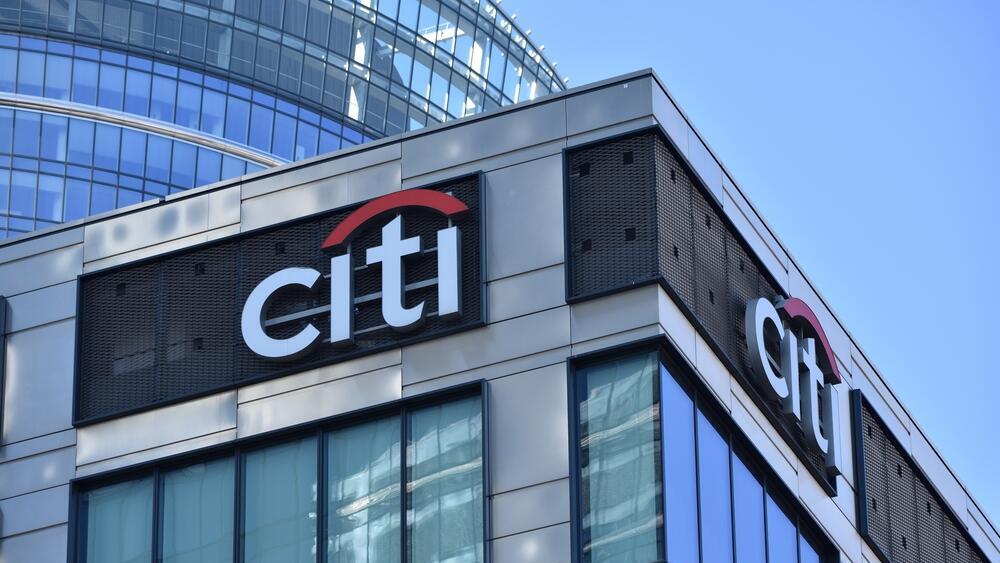Citi, one of the top six banking institutions in the United States on Thursday, said it was lowering its forecast for the growth of the Israeli economy amid the government's legislative push to reform the judiciary and its effects on the country's democracy and economic stability. "We believe that the impact of government policy on the medium-term outlook for the economy will be more significant,” bank analysts said.
Read more:
"The recent turmoil surrounding judicial reform in Israel has raised questions about its impact on the economy," stated the bank's economists. "While there may be short-term effects on growth due to disruptions in economic activity, the more significant impact is likely to be on Israel's potential growth in the intermediate term."
The report followed similar warnings from Morgan Stanley, the Bank of Israel, S&P 500, and Moody's, after the Knesset voted to enact a law that would limit the power of oversight for the Supreme Court.
"Unfortunately, it is not hard to imagine an additional decrease in Israel's potential growth forecast, which would ultimately impact the pricing of all types of financial assets and increase the possibility of credit downgrades," Citi's analysts said. Not only can the judicial reform legislation have a significant effect on Israel's growth potential, but also a variety of other government decisions, as well as parts of the budget, education policy, etc., will affect many aspects of the country and its economy.”
Unlike common investment practices that focus mainly on the short-to-medium term, Citibank also considers Israel's long-term challenges. They emphasize that with the Haredi community's increasing weight in the general population and workforce, maintaining a growth rate comparable to the present requires further participation in the labor market from this group.
However, in its report, Citibank also highlights the government's success in increasing the participation of ultra-Orthodox women in the workforce. Nevertheless, the labor market participation rate for Haredi men remains lower compared to non-Haredi Jewish men or Arab Israeli men. The bank underscores that if Arab and Haredi men and women achieved the same employment rates as their non-Haredi Jewish peers, the average employment growth between 2023 and 2030 would be around 2.7%, only slightly higher than the 2019-2021 average of 2.5%.


